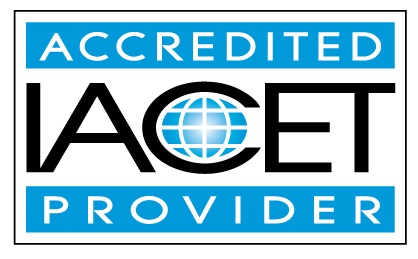Description
Have you ever noticed the similarities between the journeys of a road trip and the experiences had during the wheelchair provision process? As a clinician or rehabilitation technology supplier, from the moment you first hear the name and diagnosis of a new client, odds are high you are already mapping out a plan to help the client reach his/her final destination. That individually tailored plan likely includes improved independence, health, and overall quality of life. Even though the paths taken and experiences had throughout each client’s journey may not be exactly the same, the goals that the final destination affords for all potential clients are likely similar. Throughout this article we are going to take a closer look at variety of route options including benefits to each, potential roadblocks, and considerations to keep in mind when the journey to improved independence, health, and overall quality of life potentially requires a client to transition from a manual wheelchair to a power wheelchair.
Learning Outcomes:
1. The participant will be able to identify 3 clinical needs as to why a client may need to transition from a manual wheelchair to a power mobility system.
2. The participant will be able to list 3 equipment considerations to take into account when recommending power mobility equipment.
3. The participant will be able to list 5 potential barriers to a successful transition from a manual wheelchair to power mobility.
Angie Kiger is the Clinical Strategy and Education Manager for Sunrise Medical. She earned a Master of Education degree in Assistive Technology from George Mason University and a certificate in Assistive Technology from California State University at Northridge. Angie is an Assistive Technology Professional (ATP), Seating and Mobility Specialist (SMS), and a Certified Therapeutic Recreation Specialist (CTRS). Angie has worked with infants, children, and adults in both inpatient and outpatient settings. Angie has also worked as a contractor, providing Assistive Technology evaluations and training in the local public school systems and in the community. In addition to working as a clinician, Angie has served as an adjunct instructor at George Mason University and presented at numerous conferences in United States and abroad. Angie frequently contributes to articles in trade publications and serves as a member of Mobility Management magazine’s Editorial Advisory Board.


